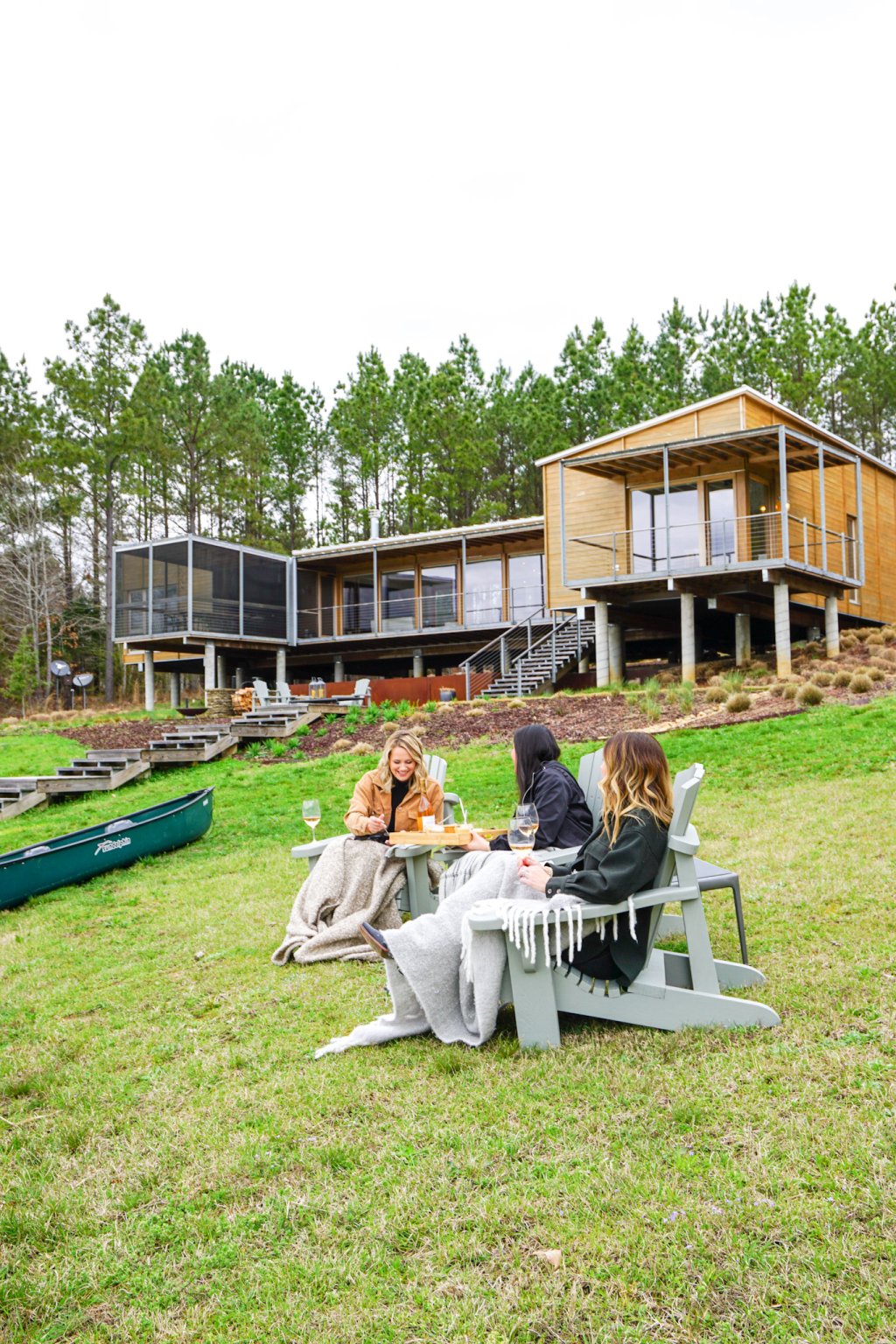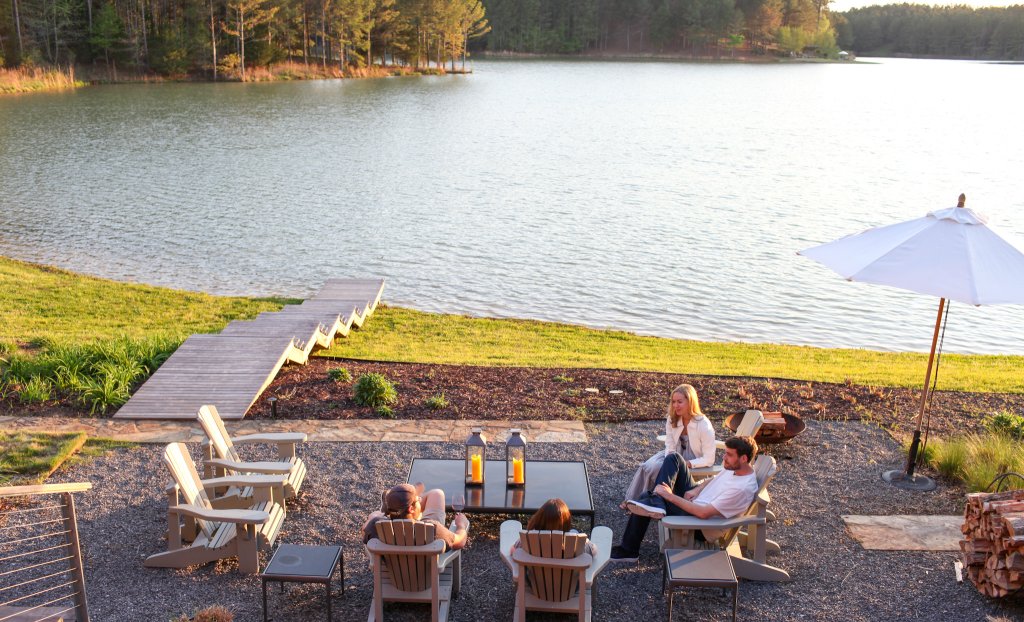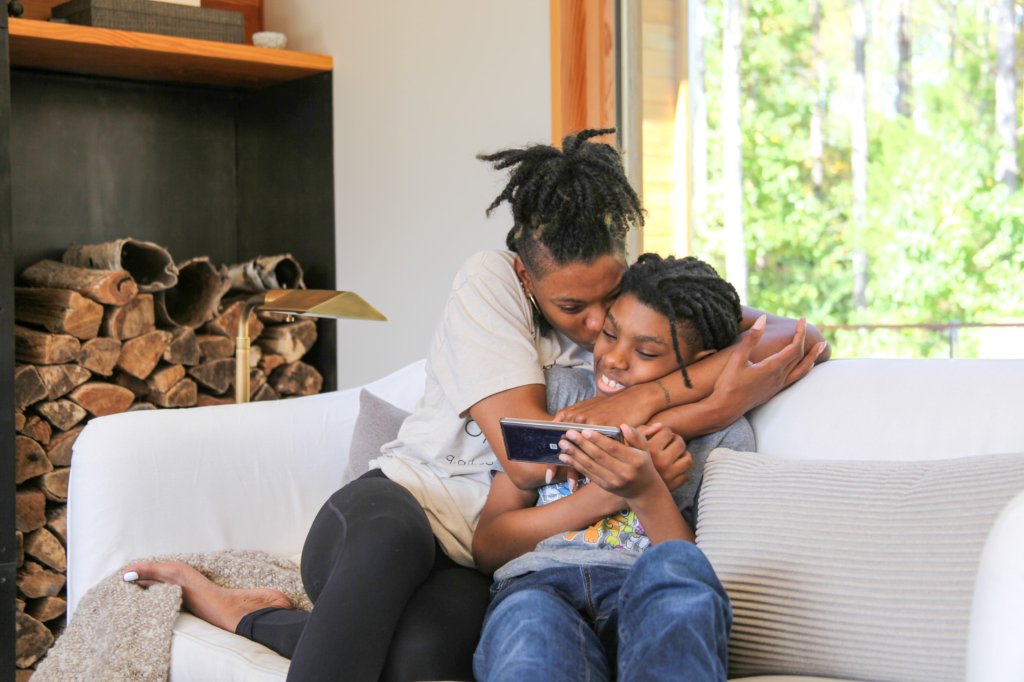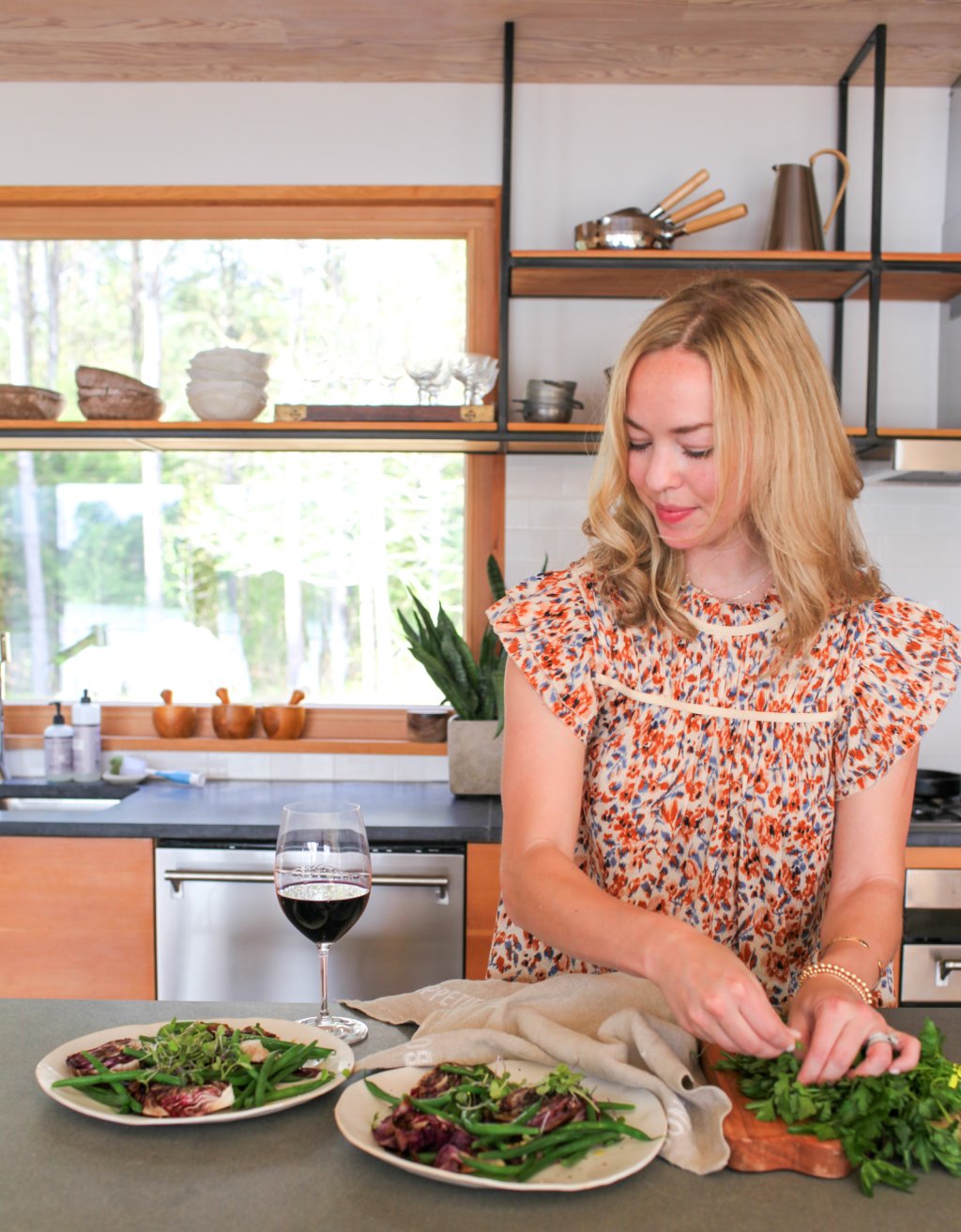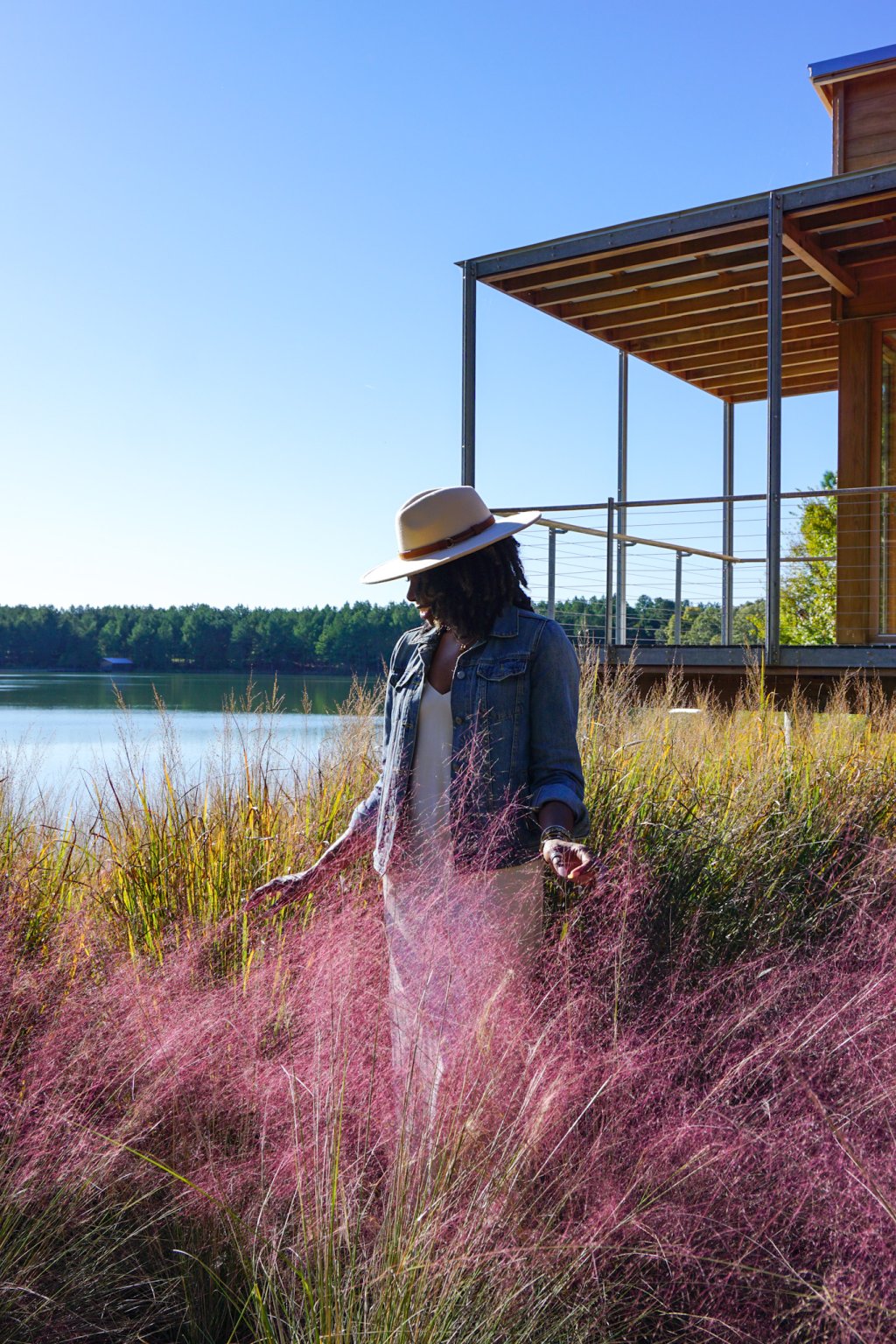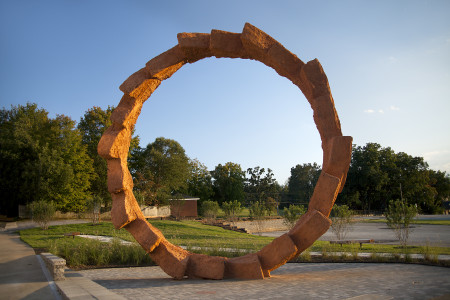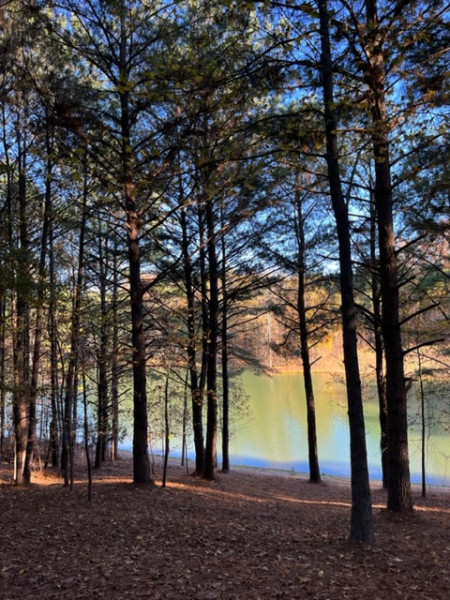The phrase 'luxury real estate' tends to conjure mental images of opulence and excess, typically in an urban setting. But the Covid pandemic changed that. According to the podcast Brave New Real Estate, "Instead of high-end, designer goods for individual ownership, new luxury values are emerging – community, quality of life, and an interest in wellness that extends to the home."
Below is a recap of the Brave New Real Estate episode "Rethinking Luxury: A new era and a new look." We think it's especially insightful and relevant to those considering a change in lifestyle to Splinter Creek.
Rethinking Luxury
Prior to 2020 luxury real estate was primarily associated with cities that had become sprawling breeding grounds for designer brands, cultural institutions, and gourmet restaurants, catering to the needs of an urban elite.
COVID-19 shifted values away from individual materialism towards nature, wellness, and community. These holistic new-luxury principles are making their way into the residential real estate market.
Covid-19 has shifted attitudes around luxury, exemplified by affluent consumers' retreat to rural areas, the rise of remote working, and a refashioning of luxury traditions and heritage. This guide outlines our 'new luxury' values - and what they mean for real estate.
A luxury property means more than just square footage. Intangibles promoting a holistic quality of life are paramount: access to open space and nature, a sense of place and community, and overall wellness. Buyers aren't looking for a set of metrics - they're looking for a lifestyle.
Access to nature was a driving force behind urban flight at the start of the pandemic. Nature-first developments - like Splinter Creek - are thriving at a time when professionals are no longer tethered to offices and daily commutes.
Wellness has shifted from what we eat to where we live. Developments can earn a premium as high as 55 percent on properties that put an emphasis on occupants' health. Sustainable, well-building initiatives and accommodations for cyclists are new-luxury trends that will continue to grow.
A connection to place and community through local craftmanship is increasingly a feature of luxury design. Ethical, sustainable practices are important to today's high-end buyers: 71 percent are more likely to purchase from a brand that aligns with their values.
Giving back to one's community and supporting local businesses is another new-luxury value that has blossomed during the Covid-19 pandemic. Since March, the Red Cross has seen a 30 percent increase in its volunteer base. Shared spaces that foster community will attract this new base of socially-conscious buyers.
These new-luxury principles that embrace a holistic quality of life, rather than isolated material needs, are becoming an enduring feature of the residential real estate market. Among the rapid changes brought on by the pandemic, an appreciation for nature, open space, community, and wellness mark a positive shift in our values - and one to build towards.
